“What is a Government Shutdown?“
A government shutdown occurs when the federal government stops nonessential operations due to a failure to pass legislation to fund the government for the upcoming fiscal year. If Congress can’t pass spending bills or a continuing resolution in time, a shutdown will begin on Sunday morning. This year, hard-right conservatives in the Republican-controlled House are using the possibility of a shutdown as leverage to demand deep cuts in federal spending.
There have been 14 shutdowns since 1980, with the most recent one being a partial shutdown that lasted 34 days in 2018-19. During a shutdown, discretionary spending is affected, while mandatory spending like Social Security and Medicare continues because it doesn’t require annual congressional approval. In fiscal year 2022, discretionary spending accounted for about 27% of the $6 trillion federal budget.
“How Would a Shutdown Affect You?“
The impact of a government shutdown is difficult to predict as each one is unique. However, there are some immediate consequences that are likely to occur. More than 2 million civilian federal employees could be furloughed or work without pay until the shutdown ends. Military personnel on active duty, totaling around 1.3 million people, would also continue working without pay. Contractors hired by the government may not receive payment for their services, leading to potential layoffs or furloughs.
Millions of people may also lose certain federal benefits if a shutdown persists. For example, around 7 million individuals could experience delays in aid from the Special Supplemental Nutrition Program for Women, Infants and Children (WIC). Section 8 housing vouchers used by low-income families and veterans’ benefits like disability compensation might also be delayed.
“Loan Servicing, Taxes, and Travel Affected“
During a government shutdown, customer service across various government functions would be impaired due to reduced staff. Essential workers may also experience absenteeism if the shutdown continues, as they won’t be receiving paychecks. This could lead to delays in services from agencies like the IRS and Social Security Administration.
Travel plans may also be disrupted, with potential delays in airport security lines and closure or limited services at national parks and museums. The U.S. Department of Education may furlough 90% of its staff just as federal student loan payments are set to restart on October 1, making it difficult for borrowers to get answers to their questions.
“Inflation and the U.S. Economy“
Government shutdowns can have a significant impact on the U.S. economy over time. When the government stops purchasing goods and services, less money is pumped into the economy. Federal employees who aren’t receiving pay may cut back on their spending, causing consumer confidence to decrease and investors to become jittery. This can lead to stock market volatility and economic headwinds.
If a shutdown lasts for more than a month, it could push the economy into a recession. Additionally, economic data issued by federal agencies, such as information on inflation and the labor market, won’t be available during a shutdown. This lack of data increases the likelihood of mistakes being made by the Federal Reserve as it determines its interest rate policy.
“Hot Take: The Impact of a Government Shutdown“
A government shutdown has far-reaching consequences that affect both individuals and the broader economy. Federal employees face financial hardships due to furloughs or working without pay, while contractors may experience layoffs or furloughs. Delays in federal benefits can cause difficulties for millions of people who rely on assistance programs.
The disruption in government services also impacts taxpayers, with delayed service from agencies like the IRS and Social Security Administration. Travelers may face disruptions at airports, and national parks and museums may close or limit their services.
Moreover, a government shutdown has implications for the overall economy. Reduced spending by the government and federal employees, along with decreased consumer confidence, can lead to economic headwinds and stock market volatility. The absence of economic data during a shutdown adds to the uncertainty and increases the risk of mistakes by the Federal Reserve.
In conclusion, a government shutdown has wide-ranging effects on individuals, businesses, and the economy as a whole. Its impact can be felt in various sectors, from employment to benefits to travel. Therefore, it is crucial for Congress to pass timely funding legislation to avoid these detrimental consequences.


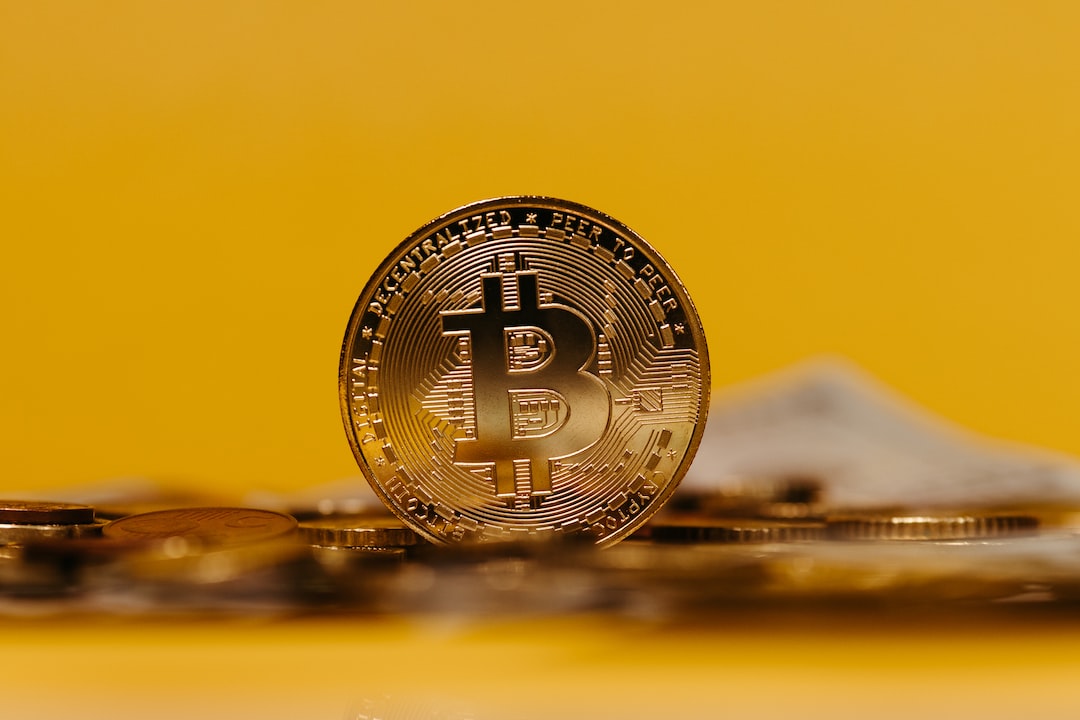
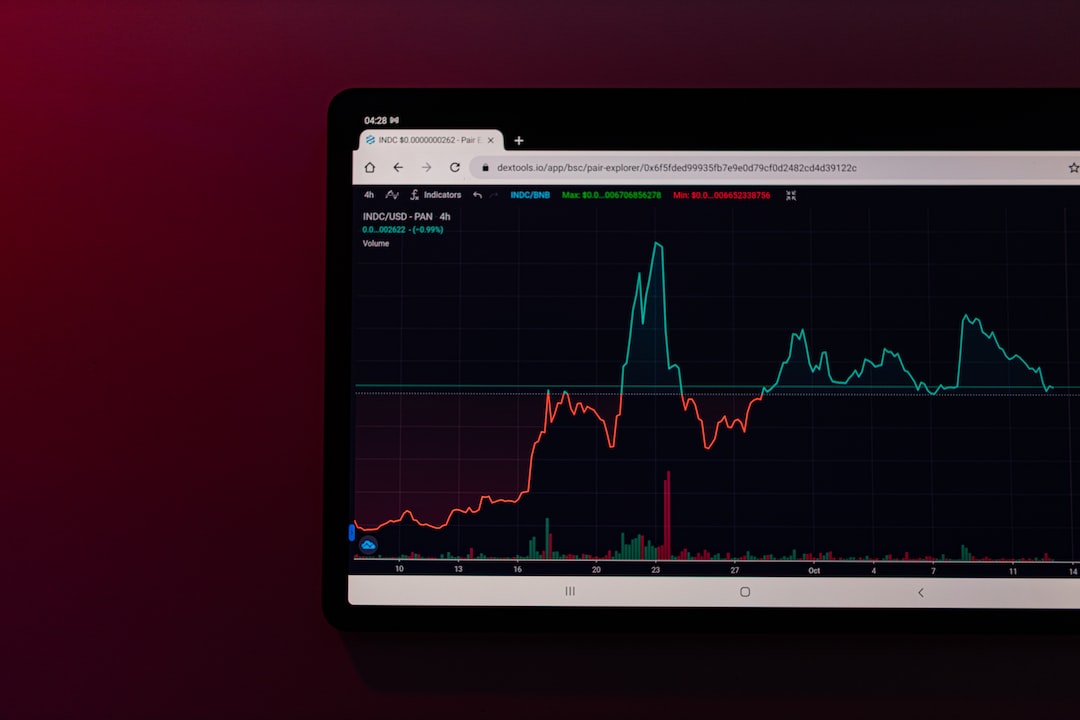

 By
By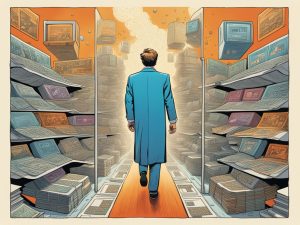
 By
By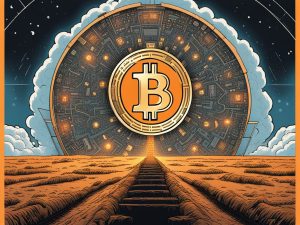
 By
By
 By
By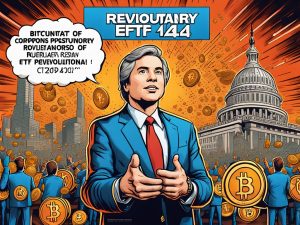
 By
By
 By
By